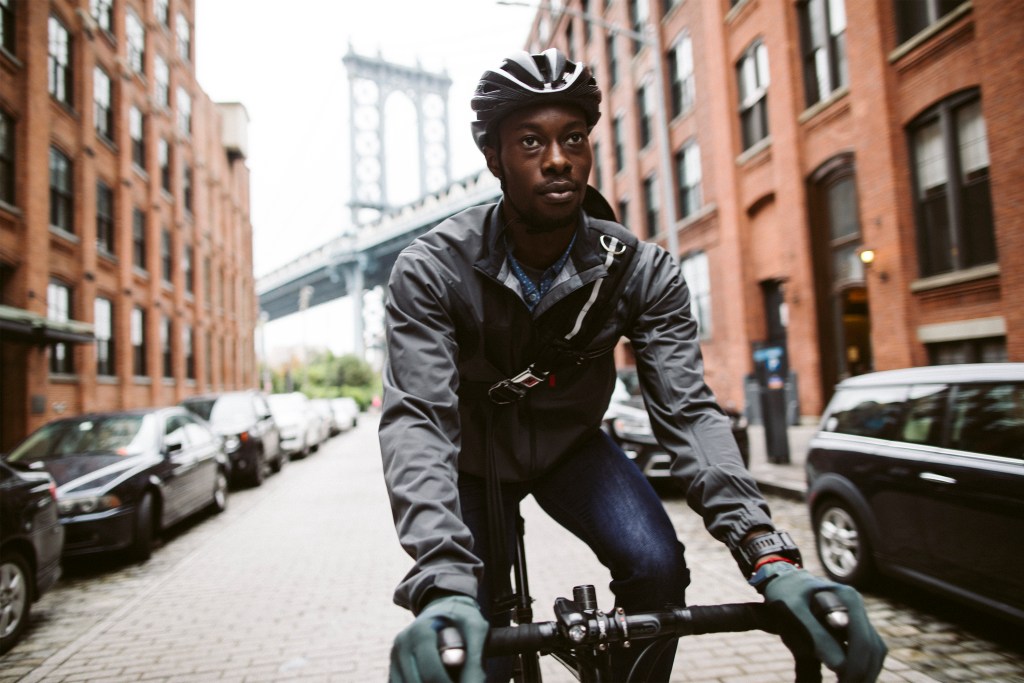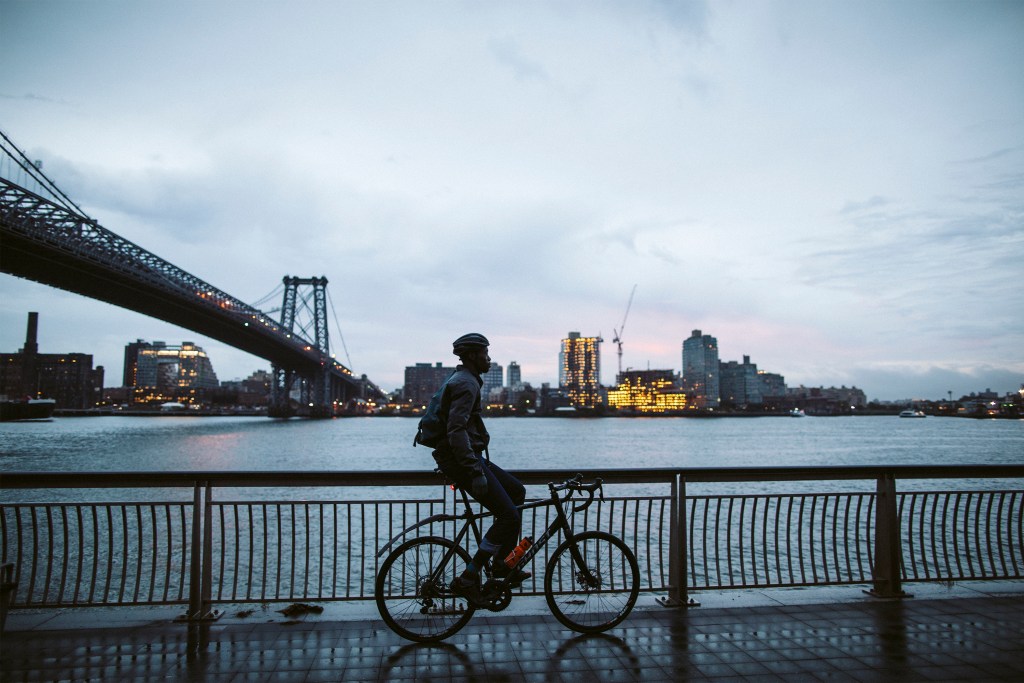For our 82nd anniversary, we’re highlighting 82 of your outdoor stories. Share your favorite story on Facebook, Twitter or Instagram with a photo or video and tag #REImember.
Like many people, REI Co-op member Ibrahima Diouf—Ibou for short—sees the outdoors as an antidote to the stresses of the modern world. “It’s a shame that people aren’t as connected to nature as they used to be,” he says. “Evolutionarily, I believe it’s central for us to be outdoors. … The levels of stimulus you experience in a place like New York City, where I live—it isn’t good for you. If I’m having a stressful day, I know spending some time in nature will make me feel better.”
It wasn’t always this way for Ibou though. Growing up in Senegal, the outdoors weren’t a part of his life, or even his culture. “Where I’m from, and for a lot of African countries, there isn’t much of a history of outdoor recreation,” he says.

Photo Credit: Alison Vagnini @alisonvagnini
Ibou moved to the United States in 2007, but it wasn’t until 2014 that he experienced the outdoors for the first time, when his friend Daniel invited him to go hiking on a trail near Cold Springs, New York. A spring storm had just dumped 18 inches of snow, but Ibou and Daniel weren’t deterred. “The snow on the trail was up to my knees,” Ibou recalls, “but I didn’t care. All the time I was out there, I kept thinking to myself, ‘This is where I belong—how have I not been doing this all along?’”
Thoughtful and optimistic, Ibou says that first hike changed his life for the better. “Spending time outdoors has made me rethink how I want to live,” Ibou says. “I’m a lot more confident now. Being outdoors forces you to be more self-reliant and accountable for yourself.”
Today, Ibou is an avid hiker, camper and cyclist. He recently tried downhill skiing for the first time at Sunday River Resort in Maine, and he’s currently on a bike-racing development team. Close to home, Ibou enjoys hiking and riding in Van Cortlandt Park in the Bronx. Even in the city, however, Ibou says it’s rare for him to encounter other African immigrants exploring the outdoors. He believes that for many immigrants, especially those living in urban areas, the barriers are cultural as well as logistical—where to go, how to get there, what to do.

Photo Credit: Alison Vagnini @alisonvagnini
When he’s not dreaming of trying ice climbing, racing cyclocross or living in the mountains of the western U.S., Ibou often considers the importance of getting back to nature not only for himself but also for humankind. He sees a strong connection between having a relationship with the outdoors and wanting to protect public lands for generations to come.
“I see time outdoors as the first and most important step in changing the way people, lawmakers and society perceive and interact with our natural resources. The majority of Americans live in non-rural clusters. From experience, I can tell you I didn’t think of public lands as mine until I walked them, but with ownership comes responsibility. To get people to fight for what they have, they must first know what they have,” he says.
To this end, Ibou wants to help newcomers get outside. His goal: to start a public school program in New York City aimed at getting kids out on local hiking trails. “I truly believe that if we can show an entire generation of children what their world actually is, then we can change the way they perceive and interact with it,” Ibou says. “In changing the world with truth, you’re either helping by acting, or hurting by watching, and I’ve decided to help.”
